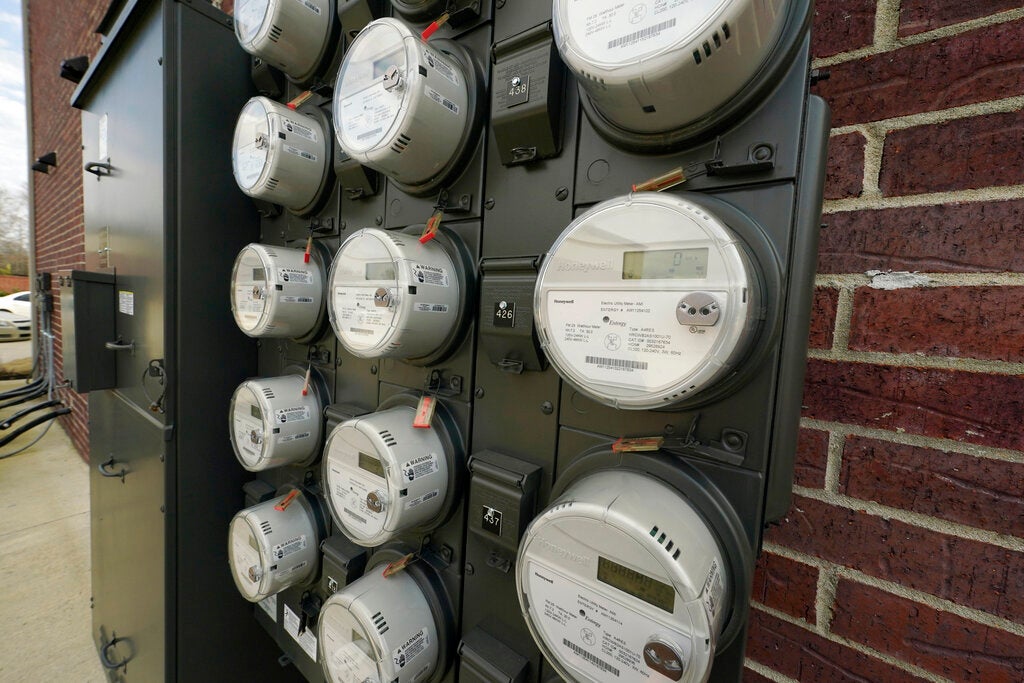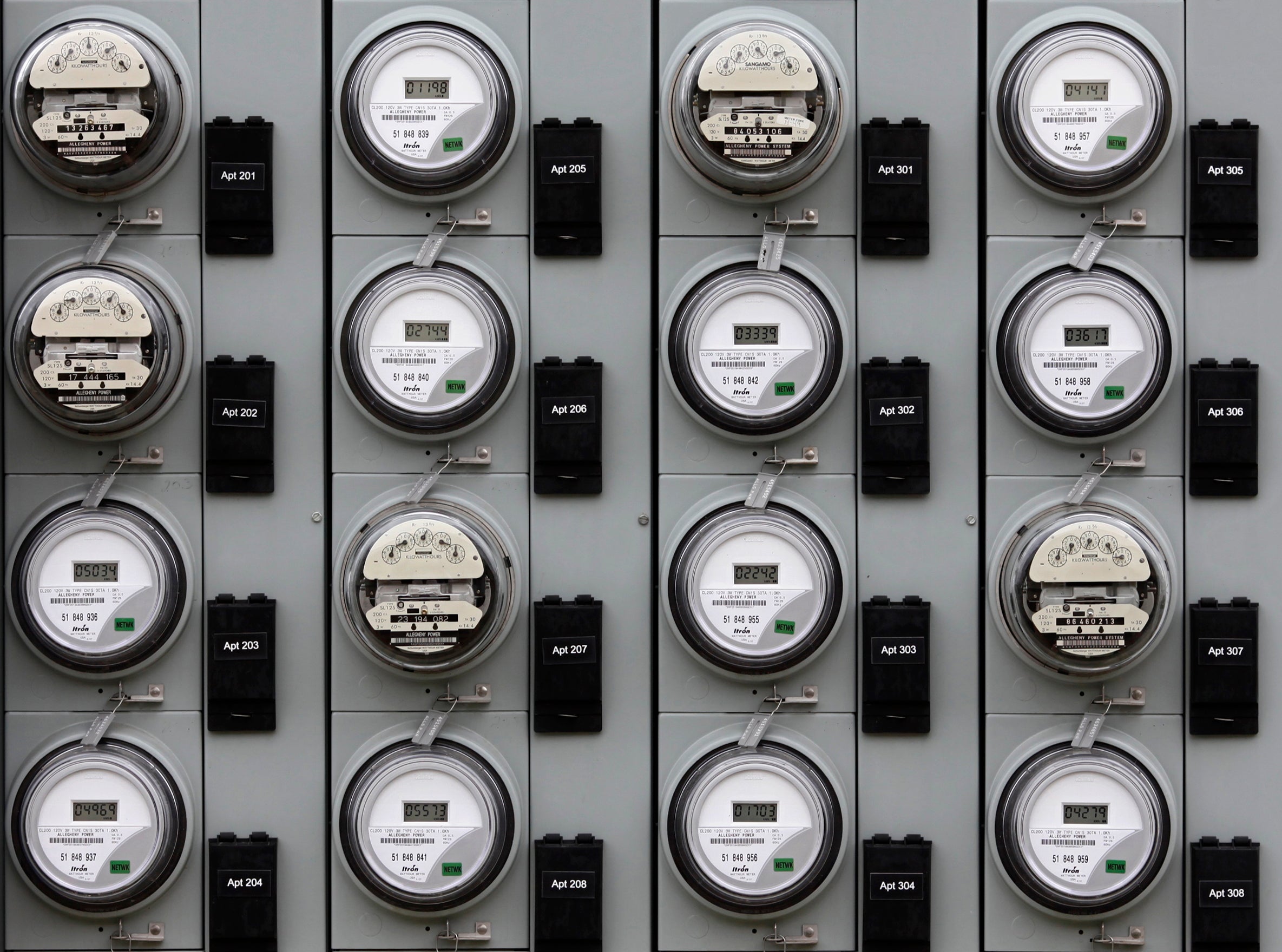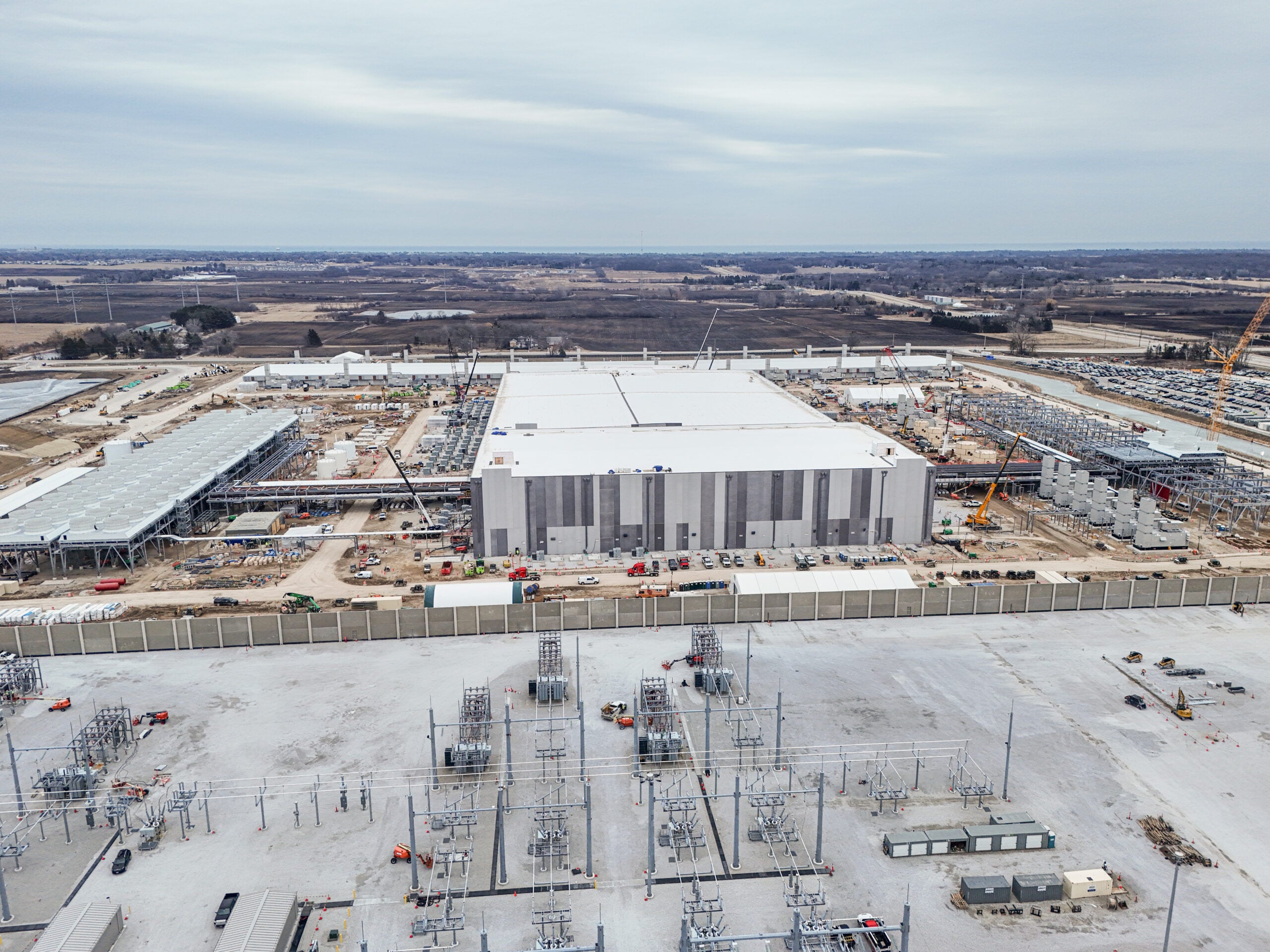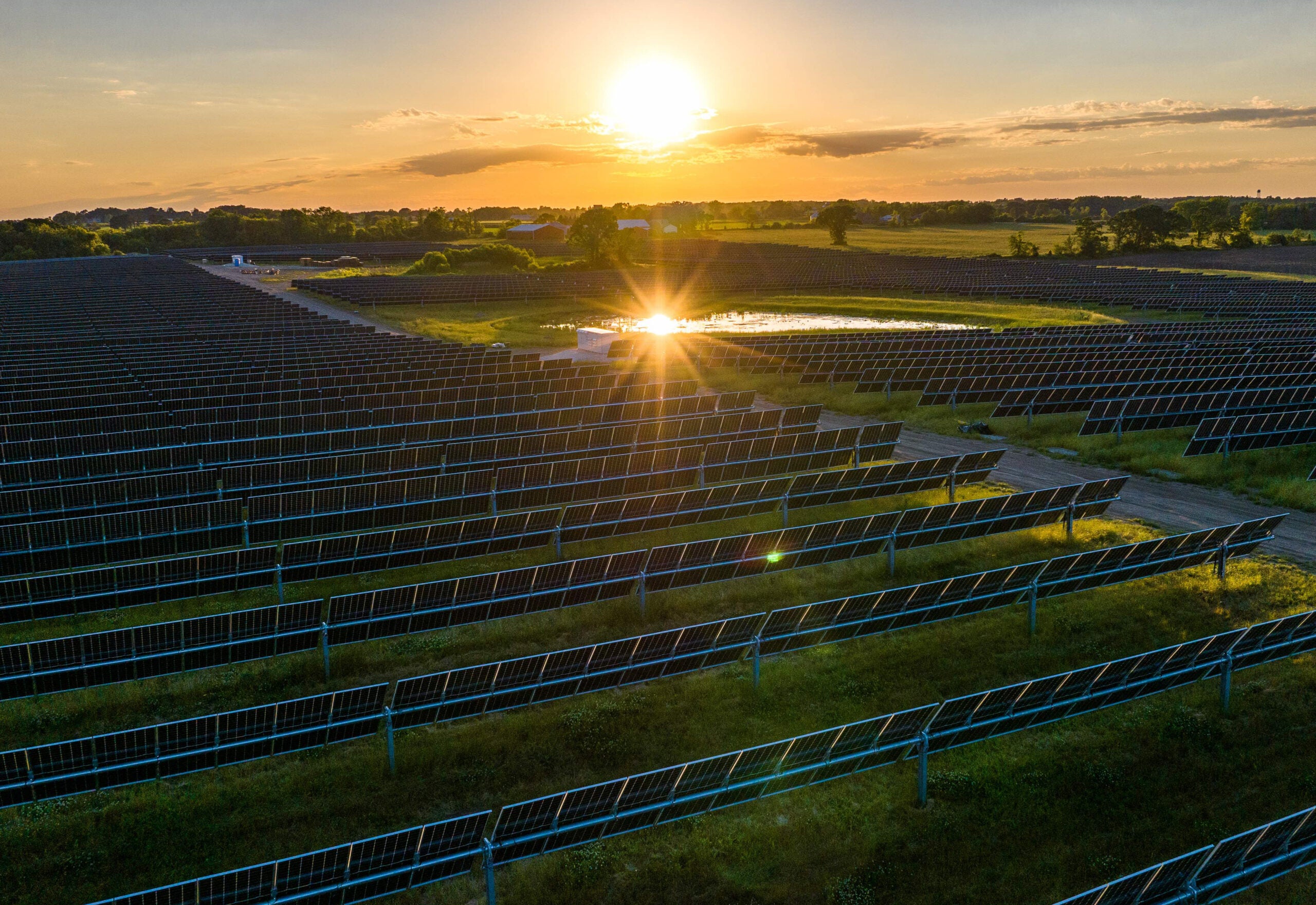Two of Wisconsin’s largest utility companies are asking for about $800 million in rate increases over the next two years.
Last Friday, We Energies and Wisconsin Public Service — both owned by WEC Energy Group — filed applications with the Public Service Commission of Wisconsin to increase electric and gas rates in 2025 and 2026.
The requests come after We Energies base electric rates increased in 2023 and 2024 but were flat in 2021 and 2022. A document from the utility says We Energies’ electric rates went up by 9.2 percent in 2023 and 2.3 percent this year.
Stay informed on the latest news
Sign up for WPR’s email newsletter.
Consumer advocates are calling on the Public Service Commission to limit the size of the increases and prioritize affordability.
We Energies hopes to increase electric rates by 6.9 percent in 2025 and 4.6 percent in 2026, according to the utility’s application with the PSC. It also requested increases for both of the gas utilities it owns. One of the gas utilities would increase rates by 10 percent next year and 5.1 percent by 2026. The other asked to increase rates by 8.2 percent in 2025 and 3.6 percent in 2026. We Energies’ steam utility in downtown Milwaukee also asked for an 8.4 percent rate hike in 2025, but no increase in 2026.
Meanwhile, Wisconsin Public Service is requesting an 8.5 percent electric rate increase in 2025 and a 4.9 percent increase in 2026, according to the utility’s application. WPS also requested gas rate increases of 6.8 percent next year and 3.9 percent in 2026.
If approved, a typical residential We Energies customer’s electric bills could rise between $10 and $11 per month in 2025 and between $7 and $8 in 2026, the utility estimates. A typical residential WPS customer’s electric bill could rise by between $10 and $12 a month next year and between $5 and $6 the following year.
What’s driving the proposed increase?
WEC Energy Group spokesperson Brendan Conway said much of the proposed electric rate increases are tied to construction costs from renewable energy and natural gas projects that have already been approved by the Public Service Commission.
“They approve the project and then years later, once those projects go into service, then that’s when they go into rates,” he said.
While construction projects may be affecting rates now as they come online, Conway said the utility anticipates customers will save about $2 billion over 20 years because of the clean energy transition.
Conway also said the proposed rate increases include investments to address outages caused by severe weather. Since 2019, We Energies has had eight severe weather-related outages but only had six such outages between 1976 and 2019.
Conway said a winter storm knocked out power to about 90,000 We Energies customers and roughly 120,000 WPS customers earlier this month. He said investments in trimming “hazard trees” in this rate case are aimed at preventing similar outages in the future.
“The idea is strengthening the grid by removing trees and large branches where we can so that when Mother Nature brings severe weather, the power outages are shorter, and they’re smaller,” he said.
Consumer advocates: PSC needs to scrutinize potential rate hikes
Consumer groups like the Citizens Utility Board of Wisconsin and the Wisconsin Industrial Energy Group are calling on the Public Service Commission to look for all possible savings as it works through the rate increase process.
Both organizations say costs to customers are already high and further increases could make it harder for people to pay their bills.
Tom Content, executive director of the Citizens Utility Board, said the rate increase would be especially difficult for residential customers struggling to make ends meet. Over the last 20 years, he said rate increases approved by regulators have harmed customers while helping WEC Energy Group’s shareholders.
“The utility’s shareholders have done very well — much better than almost every other utility in the country, and much better than the broader stock market,” he said. “It shows that a return to balance is overdue. That’s why (the PSC) will need to keep affordability at the top of their mind when they’re deciding these cases.”
Similarly, Todd Stuart, executive director for the nonprofit Wisconsin Industrial Energy Group, said the state’s largest manufacturers pay more for electricity than their peers in other Midwestern states. He said the average monthly electric bill for a large manufacturer in Wisconsin exceeds $1 million.
A 2023 survey of more than 400 Wisconsin manufacturing executives by the Wisconsin Center for Manufacturing & Productivity found 26 percent listed energy costs among their top concerns.
“It’s tough when we’re competing in world markets, and energy is one of their top three costs of doing business,” Stuart said. “We think it acts like a tax. If you want to move the needle on jobs and economic development, then I think addressing those rates — getting them under control — should be a public policy priority.”
The Public Service Commission will hold public hearings on the rate cases later this year, and could make a decision by November or December.
Editor’s note: The Citizens Utility Board of Wisconsin is a sponsor of Wisconsin Public Radio. This article has been updated to clarify We Energies’ rate increases in recent years.
Wisconsin Public Radio, © Copyright 2025, Board of Regents of the University of Wisconsin System and Wisconsin Educational Communications Board.




